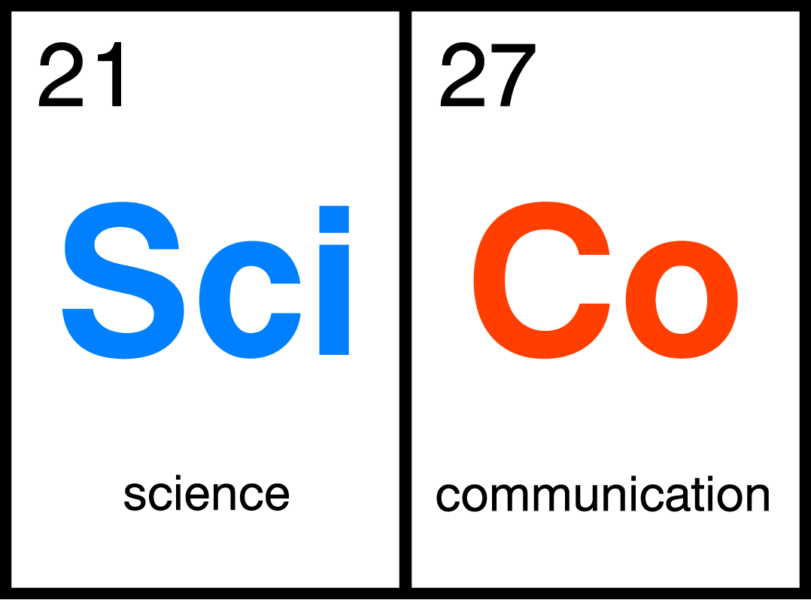Combating gender stereotypes in early school age through STEM

The project addresses to the high levels of gender inequality in Greece on the field of science and technology, through STEM education, as based on research we know that the percentages of women / girls who choose a professional career in STEM fields, remain much lower than those of men / of boys. The project will achieve the set goals by acting in early school age, first informing teachers (kindergarten and elementary school), students and parents and then educating them to manage the issue of gender equality both in science and abroad.
More specifically, the action begins with a comparative study of the stereotypes, attitudes, experiences and reactions of teachers and children based on gender. The results of the research will be used for the design of the educational material. The goal is to create a STEM program that enhances girls’ interaction with science and technology while eliminating pre-existing stereotypes. Then the training of teachers that will follow will allow them to discuss gender stereotypes in their classroom, to challenge existing gender stereotypes and ultimately to prevent to some extent the development of gender discrimination in general and more specifically in STEM areas.
Early intervention in early school age, the promotion and building of healthy relationships will alleviate the social stereotypes that fuel gender segregation by influencing students’ future career choices. In addition, an awareness-raising program for both parents and other stakeholders about gender stereotypes will follow. The training program will last 18 months and will target 30 teachers and 600 children aged 5-7. The trainings will take place in 3 cycles of 6 weeks.
Upon completion of the program, teachers will be able to prevent and combat gender-based stereotypes so that primary schools can actively promote girls’ access to STEM studies. In addition, more than 650 citizens will have been made more aware and informed about gender equality issues.